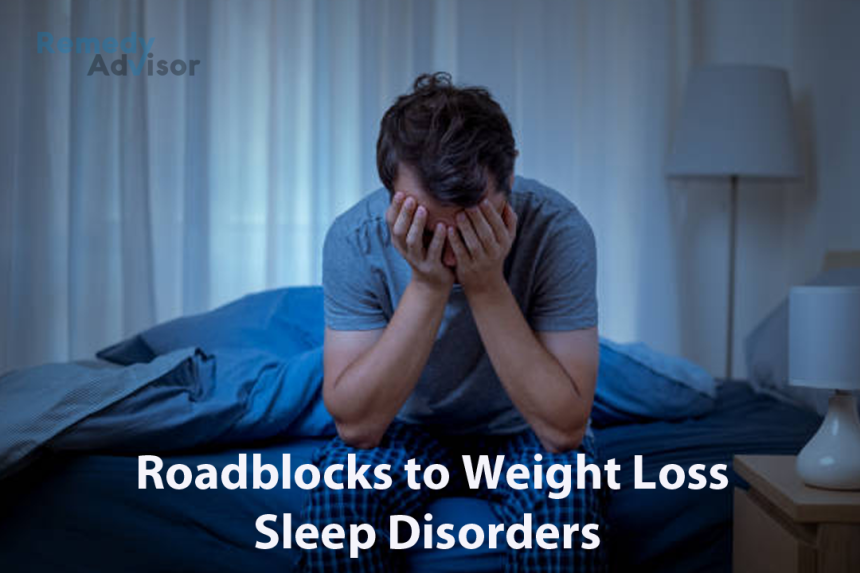Have you observed that when you don’t get sufficient sleep you have the snacks? Could those nights up late at the computer, looking TV, or impatiently flinging in bed be changing your metabolism?
Research has revealed that individuals who are sleep deprived consume more food, frequently selecting the most calorific fare. Dr. Robert Stickgold, said, “Up at 2:00 a.m., working on a paper, a steak or pasta is not very good-looking. You’ll grasp the candy bar in its place. It possibly has to do with the glucose regulation going off. It might be a good portion of our epidemic of over weight is really a widespread of sleep deprivation.”
In the last forty years, the amount of obesity in the United States has closely tripled to one in three adults. But consider this: over the same time, the US populace has deducted, on average, more than an hour from their nightly rest and about two hours since 1910, once the average individual slept 9 hours a night. In accordance to the National Sleep Foundation, persons in the United States normally sleep about 6.8 hours on weeknights (that’s nearly 2 hours less than they did a century ago) and 7.4 hours on weekends.
Research of the sleep routines of 3,682 persons, conducted by Columbia University, those who slept less than 4 hours a night were 73 % more probable to be obese compared to those who slept 7 to 9 hours every night. Persons who slept 6 hours a night were 23 percent more likely to be obese. Other research have described that sleeping 6.5 or fewer hours for continual nights may cause possibly harmful metabolic, hormonal, and immune changes which can result in illnesses and diseases like heart disease, diabetes, obesity and cancer.
How Sleep Affects Hunger Hormones
There are hormones which make you hungry and hormones that control your appetite. And research displays they are considerably influenced by how much sleep you get. Here’s what researches have exposed:
- Five appetite-influencing hormones can get out of whack when you don’t get sufficient sleep, which considerably affects how much you eat.
- When you are sleep deprived, your metabolism can really suffer, that result in weight gain.
- Appetite-suppressing hormones and appetite exciting hormones are best controlled when you get seven to nine hours sleep for each night.
- You won’t desire high-calorie, carbohydrate-rich foods closely as much when you get sufficient, refreshing sleep.
- Sufficient sleep will help you cope your blood sugar more efficiently, that helps you manage your appetite. Even one week of sleep deprivation can set off a short-term diabetic effect affecting you to crave sugar and other fattening foods.
Never again feel embarrassed about sleeping. But what if you want to sleep and can’t? There’s a lot you can do to correct sleep complaints.
The Amino Acid Program Can Help You Sleep

Amino acids can help balance neurotransmitters that influence sleep. Neurotransmitters are the natural chemicals prepared in the body from the proteins we consume. They ease communication throughout the body and brain. Two neurotransmitters play a very important role in a good sleep cycleserotonin and norepinephrine. We want sufficient serotonin to fully convert to melatonin as well as sufficient norepinephrine.
When we awake in the morning, our excitatory or stimulating neurotransmitters, like norepinephrine, should be high. The excitatory neurotransmitters must fall all day long for a good sleep cycle to occur at night. If your serotonin is too low or your norepinephrine is too high (or too low), you may have insomnia. When they’re stable, you must get a good night’s sleep, that means eight to nine hours of deep, relaxing sleep for most individuals.
Serotonin is transformed from the amino acid L-tryptophan, that is broken down into 5-hydroxytryptophan (5-HTP) for the formation of serotonin. The body frequently wants greater quantities of this amino acid than we get from foodstuff. Furthermore, other cofactors like B vitamins and enzymes should be present for this to occur. Since L-tryptophan breaks down into 5-HTP at a very low percentage, often 5-HTP is taken as a supplement. Amounts must be based on testing, though. B vitamins are the essential nutrients for the creation and transport of L-tryptophan and alteration of 5-HTP into serotonin. They must also be taken as part of a complete brain wellness plan. Omega-3 fatty acids and diverse protein consumption are imperative. You might importantly benefit from an amino acid supplement program tailored to your body’s specific needs.
Also, be aware that if the liver is congested, you may have a tough time sleeping. I have noticed astonishing developments in my quality of sleep after I’ve accomplished a liver cleanse. Take heart if sleep has been an issue for you. If you can get to the root of the problem, you can correct a sleep complaint by making the essential changes.
Sleeping in a few extra minutes has its advantages. Study shows that if you increase your sleep by just thirty minutes per night, your probabilities of losing weight go up exponentially.
It’s seeming that getting sufficiently of refreshing sleep on a consistent basis, and sufficient sleep to meet your body’s needs, might be far better for your weight-loss goals than diet pills and just as important as working out or eating right.







